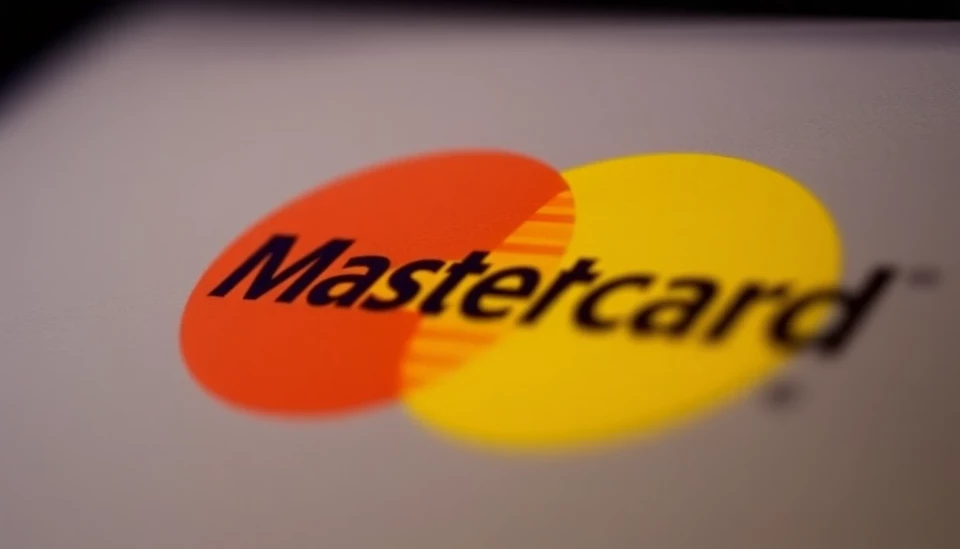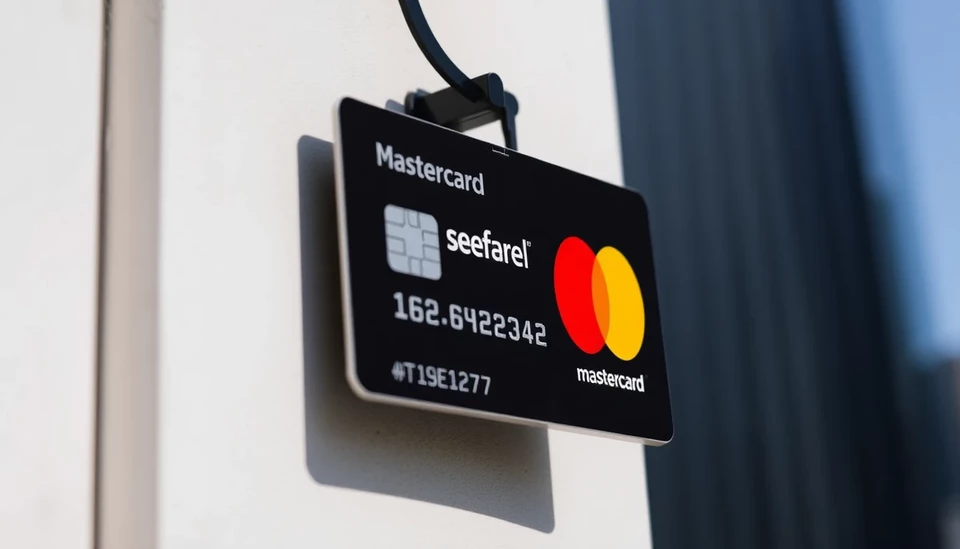
Mastercard Inc. is currently facing intense scrutiny following a proposed $200 million settlement concerning a major antitrust lawsuit that has the potential to reach a staggering $10 billion. This proposed settlement has sparked a heated debate among several state attorneys general, who argue that the agreement might not be sufficient to adequately compensate the millions of consumers allegedly harmed by Mastercard’s business practices.
The lawsuit in question, which claims that Mastercard's practices have violated antitrust laws, has been a focal point of legal contention for some time now. Critics argue that the company's actions have stifled competition and limited consumer choice within the payments industry. The proposed settlement, while substantial, appears to fall short of addressing the alleged systemic issues within Mastercard’s operational framework, prompting calls for more rigorous scrutiny.
Several states are voicing their concerns, arguing that the agreement may set a dangerous precedent if approved. They contend that a mere $200 million payout is inadequate for the scale of the alleged violations, especially when considering the financial damage inflicted on consumers and competitors alike. In their view, a much larger financial penalty is necessary to achieve real accountability and deter similar conduct in the future.
Furthermore, the controversy surrounding this settlement raises broader questions regarding corporate governance and regulatory oversight in the financial services sector. The implications of this lawsuit could resonate far beyond Mastercard, potentially leading to more rigorous regulations and heightened scrutiny of payment processing companies.
In light of the ongoing situation, Mastercard has reiterated its commitment to fair business practices while emphasizing its willingness to work toward a resolution. The company has stated that it believes the proposed settlement represents a fair compromise, but the backlash from various stakeholders suggests that many are not satisfied with this resolution.
The case remains in a critical phase, with state attorneys general pushing for more investigation and oversight before any final decisions are made. As the hearings continue, the outcomes of these legal battles could reshape the regulatory landscape for payment processors and highlight the increasing demand for accountability among major corporations.
As this high-stakes situation unfolds, industry watchers and consumers alike will be keenly observing the developments. The decision regarding the settlement could set significant precedents in the realm of corporate accountability, ensuring that companies like Mastercard remain vigilant about adhering to fair competition standards.
Overall, the scrutiny surrounding Mastercard's settlement is a timely reminder of the ongoing challenges faced by large corporations in maintaining compliance with antitrust laws and the expectations of the broader community.
#Mastercard #Antitrust #Settlement #CorporateAccountability #ConsumerRights #PaymentsIndustry #LegalNews #FinancialRegulation
Author: John Harris




